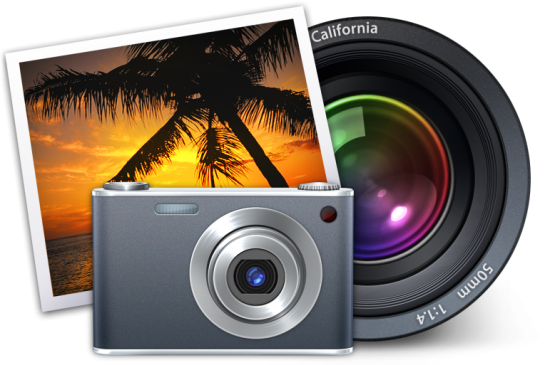It is a gadget made from material which is worth about $30 which houses a modern Android smartphone enabling it to create a basic virtual reality headset. With similar capabilities to the $US350 Facebook owned Oculus Rift, this invention is amazing, which is like having a computer before you andis offered at a fraction of the cost of a traditional VR headset excluding the cost of an existing smartphone.
The project commenced around six months back after David Coz, the project’s founder, showed it to Google Research scientist Christian Plagemann in Mountain View and it became his 20 percent project, with the company deciding to proceed with the project on a larger scale.
Developer Kit Available for Cardboard
When asked why cardboard was used, Coz had stated saying that working with it was an easy way to hack together prototype. Moreover, he also wanted the viewer to look really simple since all the processing was handled by the phone.
In addition, he also noted that it would enable anybody to just take up scissors and staplers and modify it. Google has made the developer toolkit available for Cardboard and the hardware is not just simple but an open source and probably we will see some few Cardboard based apps and viewers from other manufacturers in the days to come.
Google, it turned out, is using cheap corrugated paper giving virtual reality, a neat and the most accessible tool in converting nonbelievers. Though it not a Oculus Rift headset, Google’s Cardboard invention has a big role to play in virtual reality by putting it in the hand of users for $25 and a Smartphone.
Run elementary VR Experience
The virtual reality would be changing everything like film, communication, gaming, travel, education even to the extent of what we understand with regards to sensory experience. Cardboard which is meant to be an excellent low cost toolkit easy to build, to run elementary VR experience, was announced as part of Google’s annual product giveaway at 1/O recently. It is a cardboard housing created for a smartphone running Google’s Android mobile OS.
Users get a $10 kit around $7 off the shelf magnets, $3 of Velcro along with a rubber band and an easily programmable Near Field Communication sticker tag for launching the companion mobile app automatically for $1.50. The Cardboard app which plays on the phone screen, in the cardboard casing, enables the user to navigate through landscape or city street in Google Earth as well as watch You Tube videos in a virtual theatre.
Cardboard indicates that Google has being doing what it does best, providing users with the tools to obtain the experience which huge companies would not consider nor have the time for it. By creating Cardboard, Google has set the ball rolling to a device which can convince the world that VR is awesome about to take the plunge and is more than just gaming.



























